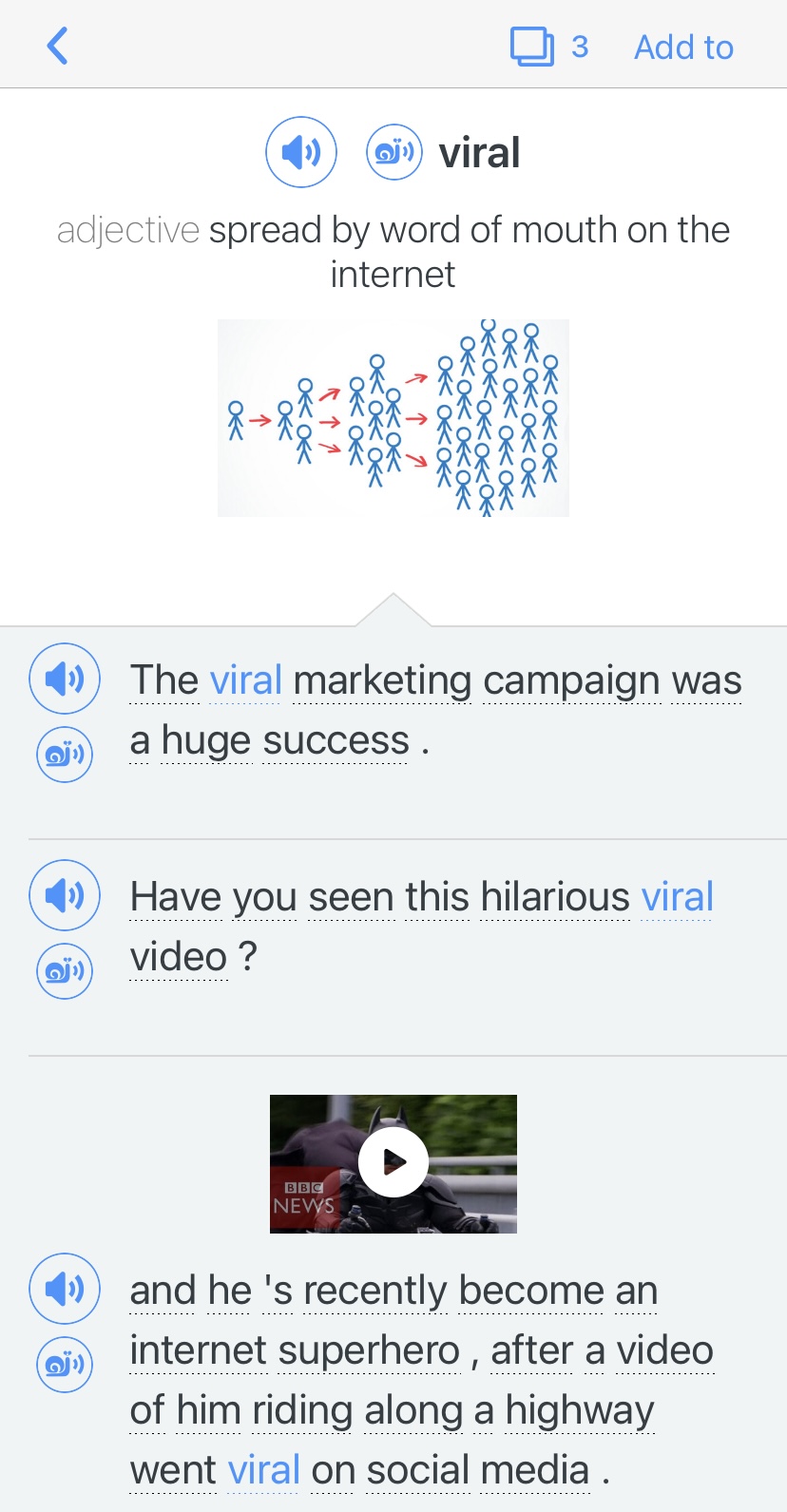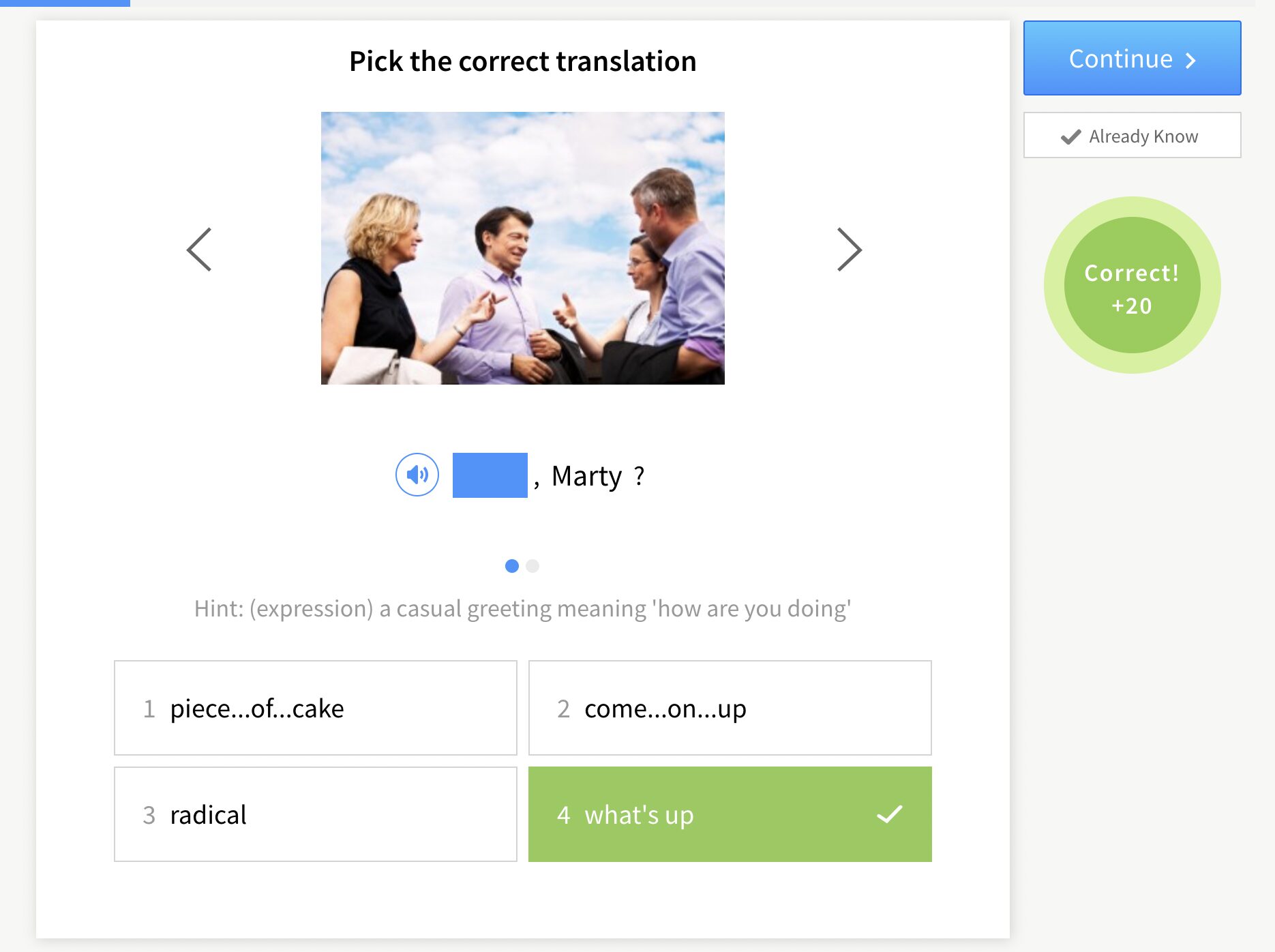58 Common Phrases for Business Telephone Calls in English

Telephone conversations in English might seem difficult if English is not your first language—especially business calls. However, if you learn the key business English phrases that are commonly used over the phone, it becomes so much easier.
That’s why we put together this helpful guide—read on for 58 must-know phrases for professional telephone conversations.
Download: This blog post is available as a convenient and portable PDF that you can take anywhere. Click here to get a copy. (Download)
Taking and Making a Call
When you answer the phone at your job, you’ll want to always greet the caller professionally. You can use one of the formats below:
1. Hello, you’ve reached [company name]. This is [your name] speaking. How may I help you?
This is the best standard introduction to a phone call, and it works in almost all situations. It might sound a bit long, but it is the most formal.
Hello, you’ve reached Quick Translations. This is Alice speaking. How may I help you?
2. [Company name], [your name] speaking.
This is a shorter greeting, but just as common.
Quick Translations, Alice speaking.
3. Hello, this is [your name] from [company name].
You may want to include your last name if you know the caller doesn’t know you very well.
Hello, this is Neil Jenkins from ABC Travels.
4. May I please speak to [person’s name]?
This question is slightly more polite than the next option. If you’re calling for someone specific, it’s important to know exactly who you want to talk to and you can use one of the options below.
May I please speak to Mr. Smith?
5. I’d like to speak to [person’s name], please.
You may use this one when you’re quite sure the person is available to talk to you.
I’d like to speak to Mr. Smith, please.
6. I’m calling to ask about/discuss/clarify…
At the beginning of the phone conversation, it’s best to clarify why you are calling. This helps both speakers focus on what’s relevant.
I’m calling to ask about your current printing promotion.
7. I just wanted to ask…
The word “just” softens the sentence. You can also use the sentence without it.
I (just) wanted to ask if you need any more articles for next month’s magazine.
8. Could you tell me…?
Using a question form with the modal verb “could” gives this a softer tone.
Could you tell me the address of Friday’s networking event?
Redirecting Calls
If you receive a phone call from someone with a question or request that you’re unable to answer or help with, simply redirect (transfer) the call to the right person by saying one of the following phrases.
9. Let me transfer you to [person’s name]’s extension.
If you know the extension number of the person in your office who can help the caller, you may offer to transfer the call to that person’s telephone extension (internal phone line)
Let me transfer you to Mr. Smith’s extension.
10. Would you like me to put you through to [person’s name]?
You may use the phrasal verb “put through” instead of the word “transfer.” “Put through” is a separable phrasal verb that you can use with a pronoun, as in “put you through.”
Would you like me to put you through to Mr. Smith?
11. Could you please hold?
The word “hold” means to hold the line and not hang up.
Could you please hold? I’ll check if he’s available.
12. Thank you for holding.
When you get back to the call after you’ve kept the caller on hold you could say this.
Thank you for holding. I will put you through to Mr. Smith now.
13. I’m sorry to keep you waiting.
If you’ve kept the caller on hold for a while, a simple apology adds a courteous touch.
I’m sorry to keep you waiting. Unfortunately, Mr. Smith is on another call at the moment.
Taking and Leaving Messages
If you answer a phone call and the caller wants to speak to someone who is unavailable, you should take a message.
On the other hand, when you make a phone call and the person you want to talk to is not there, you should leave a message for them. Here’s what you could say:
14. I’m afraid he/she’s not available at the moment. Can I take a message?
This response doesn’t tell the caller why “he/she” is unavailable.
15. I’m sorry, she/he’s not here/out of town today. Can I take a message?
If you like, you may give a reason why the person is unavailable, but it is not necessary or expected.
16. Could I ask who’s calling, please?
You can use this phrase to politely find out who is calling or if this is someone that’s important to talk to!
17. I’ll give him/her your message as soon as he/she gets back.
After you’ve written down the caller’s message, you can say this phrase.
18. Could you please take a message? Could you tell her/him that…?
If you’re the one leaving a message, make sure you ask this, otherwise you might be expected just to call back later.
Could you please take a message? Could you tell her that Cindy from accounting called about Mr. Shapiro’s expense reports?
19. I’d like to leave her/him a message. Please let her/him know that…
This one is slightly more direct than the previous one.
I’d like to leave him a message. Please let him know that tomorrow’s lunch meeting is cancelled.
20. When is a good time to call?
If you don’t want to leave a message or the topic is confidential (private), you can ask when would be a good time to call again.
21. When is she/he going to be back?
This is another good question to ask if you decide you prefer to speak to the person directly.
Asking for Information or Clarification
When you ask people to give you information, it’s important to be polite. Using the modal verb “could” again in a question is helpful in this case. Here are some things you can say:
22. Could I ask what company you’re with?
This question is asking where the person is calling from in case you need to verify (double-check) who they are.
23. Could you spell that for me, please?
If you have to write down names, it’s best to ask people to spell words out for you.
24. What is the best way to contact you, by phone or email?
If it’s clear that you cannot answer them now, then this is a polite way to tell them you’ll contact them later. It’s also used as a signal that you’re ending the conversation!
25. May I have your phone number/email address?
Make sure you get their contact information if they’re expecting a return phone call or email.
26. I’m sorry, could you please repeat that?
Don’t worry if you can’t always understand people on the phone. It happens to native speakers all time! Just ask the person to repeat the information for you.
27. Could you please clarify what you mean?
In situations where you’re not sure what the caller means, simply ask them to explain themselves.
28. I’m not sure I understand. Did you mean…?
A good way to ask for clarification is to summarize (shorten) what you think the caller said and repeat it back to them. The caller can then either agree or clarify further, if necessary.
29. I’m sorry, I didn’t catch your first name/last name.
In this instance, the word “catch” means to understand. It’s a very common and conversational way to express that you didn’t understand something.
30. Would you mind speaking up a bit? I can’t hear you very well.
Sometimes the connection is bad and it’s okay to ask the other person to speak more loudly. The information might be important so don’t be shy when using this one.
31. Let me see if I got that right. Your name is [person’s name] and your phone number is [number].
This is a phrase you can say before repeating the caller’s information back to them for confirmation. You can easily replace the phone number with an email address.
Let me see if I got that right. Your name is Barack Obama, O-B-A-M-A, and your phone number is 555-222-1111. Is that correct?
32. To confirm, your name is [person’s name] and your phone number is [number].
This is a shorter version of the last phrase, and just as polite.
Making Arrangements and Requests
If you have to make arrangements, it’s important to be polite as you negotiate. When you have to decide on times and places to do things, you can invite the other person to make suggestions.
When you need to make a request, make sure you use the words “could” or “do you mind” at the beginning and phrase it as a question. Here are some phrases you might use:
33. Shall we say February 20th?
34. Would the week of February 18th work for you?
35. What would you suggest?
36. Do you have a time/place in mind?
37. Could you send me all the information by email?
38. Could you send me an email with the detailed offer?
39. Do you mind sending me the report again, please?
Promising Action and Following Up
When you promise action, you may want to add when something is going to happen.
In situations where you may not have the information the caller is asking for, you may offer to check on the information and follow up with them (call them back) later.
40. I’ll ask him to call you as soon as he gets back.
Notice that after “as soon as” we use “he gets back” in present tense.
41. I’ll send you the report as soon as possible.
If you’re able to be slightly more informal with someone, you can also use the popular acronym ASAP instead of “as soon as possible.”
42. I will follow up with the requested information soon.
If the caller requested information from you, but you couldn’t give them the information during the call, you can say this phrase at the end of the conversation.
43. I will keep you updated on our progress.
You can say this to tell them you’re going to work on the issue and will let them know how it’s going.
44. I don’t have that information right now. Can I call you right back?
Calling someone “right back” means within a short period of time—usually within an hour.
45. Can I call you back [expected time]?
If you’re likely going to take a longer time to call them back, you could say this instead.
Can I call you back tomorrow?
46. I’ll need to find out if we can do that. Let me call you back.
The expression “let me” has a positive tone and shows you’ll take charge of looking up the information and calling back fairly quickly.
47. Hello, this is [your name] from [company name]. I’m returning your call about [topic].
In this situation, you missed the call while you were away, and you’re now returning that call. You may also include a simple apology and a brief summary of the information the caller might have left for you earlier.
I’m returning your call about international shipping. I’m sorry I missed your call earlier. How can I help you?
48. I’m calling to follow up on [topic].
If some time has passed, you can also add some background information to refresh the memory of the caller about their earlier call. You could say something like:
I’m calling to follow up on your question about shipping.
Giving Negative Information
Bad connections can happen when you’re least expecting it. You can either ask the caller to repeat themselves or offer to call them back later.
The caller might have even called the wrong place or you’re not allowed to give out certain information. In these instances, you could say:
49. I’m sorry, I can’t hear you. Could you repeat that, please?
You can use this line if the caller is speaking quietly, if your office is too noisy, or if it’s just difficult to understand them. The reason isn’t always a bad connection, but it’s noted that you can’t hear them well.
50. The line is quite bad. Could you please say that again?
This phrase mentions the “line,” which is the phone line or connection.
51. I’m sorry, there’s nobody here by that name.
This is what you can say to a caller who asks for someone who doesn’t work in your office.
52. I’m sorry, you’ve got the wrong number.
You say this when the caller has called your office’s phone number by mistake.
53. I’m afraid I can’t give you that information.
There are situations where you can’t help the other person or they’re requesting something you’re not allowed to share. It may be hard to say so, but just be firm and polite.
54. Sorry, but I’m not allowed to give details about that.
This one is similar to the previous phrase.
Ending the Call
Remember to thank the other person for calling or for helping you. You can do that in any of the following ways:
55. Thanks for calling.
This is a good way to thank someone when you were the one that received the call.
56. Thank you, have a nice day!
If the phone call is ending and you have resolved everything with the caller, then you can use this simple ending.
57. Thank you very much for your help.
If you were the caller and the other person was helpful, make sure you let them know!
58. Thank you for your time.
This is a very professional phrase that you can use instead of the last one. In this case as well, you are the caller.
Tips for Learning Business English Telephone Phrases
The great thing about these telephone phrases is that you will actually get to use them in real life. Here are some tips for learning these new phrases:
- Don’t be afraid of making mistakes. When you’re still learning how to use new phrases, it’s completely normal to make some mistakes. Hopefully the people you talk to will be patient and understanding. Remind yourself: When you make mistakes, you are making progress.
- Learn from your mistakes. Every time you finish a phone conversation, write down the mistakes you think you made or the phrases you are not sure about. You may even want to record your phone conversations to listen to later—by yourself or with a tutor—and hear which new phrases you used correctly, and where you need more practice.
- Use three new phrases in your phone conversations every day. Once you read the phrases in this post, choose three every day to use in your phone conversations (or whenever appropriate). If you can’t find a way to include them in your real telephone conversations, try writing down imaginary ones so you can use the new phrases. By using new words, you learn new words!
- Practice new grammar concepts in phone calls. You can use the previous learning strategy with grammar as well! Make your own examples and then use them at work. You can practice modal verbs (How may I help you?), expressions followed by verbs ending in “-ing” (Do you mind waiting a few minutes?) or expressions followed by infinitives (When is a good time to call?)
- Role play with a friend. It may also be helpful and less nerve-wracking to read out the phrases and practice making phone calls with a friend first. If you don’t have someone to practice with, you can practice on your own. Reading aloud in English will help you improve your pronunciation. If you record yourself as you practice, you can become more aware of your own mistakes.
- Practice by watching authentic media. If you have access to Netflix, for example, you’ll find lots of movies and TV shows that can help you practice listening to English and understanding what you hear. This is especially effective if you watch with subtitles. If you want to watch media that’s specifically related to phone calls, you can search on YouTube for phone phrases or any other topic.
- Use a language learning program. Another option for authentic content is FluentU.
FluentU takes authentic videos—like music videos, movie trailers, news and inspiring talks—and turns them into personalized language learning lessons.
You can try FluentU for free for 2 weeks. Check out the website or download the iOS app or Android app.
P.S. Click here to take advantage of our current sale! (Expires at the end of this month.)

There are plenty of places to read and hear common telephone phrases in English, and the list above will be more than enough to get you started.
Learning even some of these expressions can help you speak speak more naturally in business phone calls, gain confidence in your language skills and feel more comfortable in the office.
Don’t forget to practice them every day. Remember: People can’t always tell how long you’ve been studying English, but they can usually tell if you are smiling when speaking on the phone!
Download: This blog post is available as a convenient and portable PDF that you can take anywhere. Click here to get a copy. (Download)
And One More Thing…
If you’re like me and prefer learning English on your own time, from the comfort of your smart device, I’ve got something you’ll love.
With FluentU’s Chrome Extension, you can turn any YouTube or Netflix video with subtitles into an interactive language lesson. That means you can learn from real-world content, just as native English speakers actually speak.
You can even import your favorite YouTube videos into your FluentU account. If you’re not sure where to start, check out our curated library of videos that are handpicked for beginners and intermediate learners, as you can see here:
FluentU brings native English videos within reach. With interactive captions, you can hover over any word to see an image, definition, and pronunciation.
Just click on the word to see other example sentences and videos where the word is used in different contexts. Plus, you can add it to your flashcards! For example, if I tap on the word "viral," this is what pops up:
Want to make sure you really remember what you've learned? We’ve got you covered. Practice and reinforce the vocab from each video with learn mode. Swipe to see more examples of the word you’re learning, and play mini-games with our dynamic flashcards.
The best part? FluentU tracks everything you’re learning and uses that to create a personalized experience just for you. You’ll get extra practice with tricky words and even be reminded when it’s time to review—so nothing slips through the cracks.
Start using the FluentU website on your computer or tablet or, better yet, download our from the App Store or Google Play.
Click here to take advantage of our current sale! (Expires at the end of this month.)













